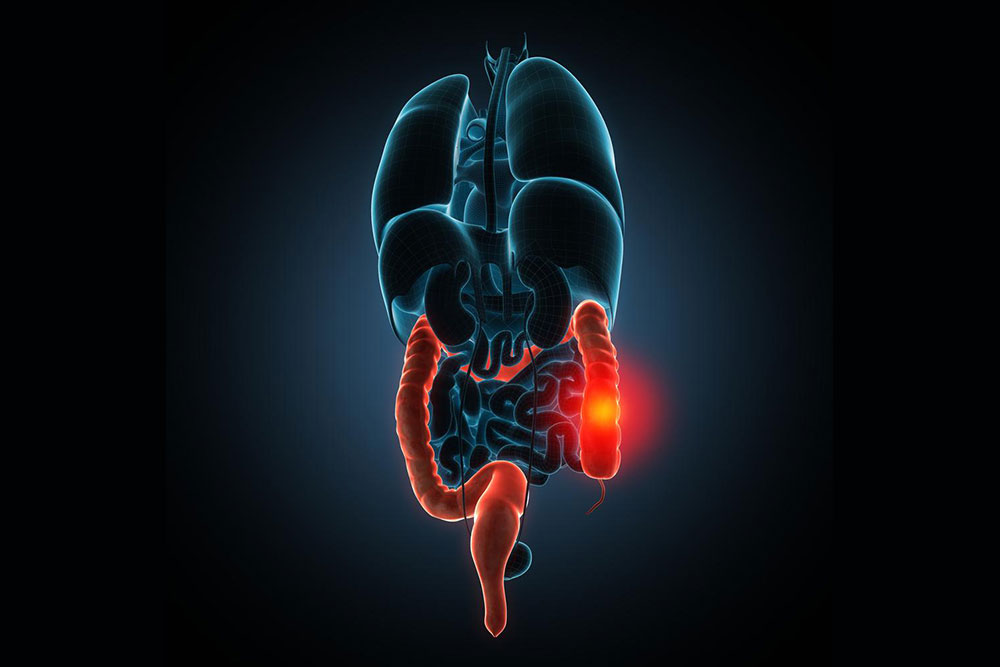Understanding the Symptoms and Signs of Colitis
This article explores the key signs and symptoms of colitis, including diarrhea, abdominal pain, fatigue, and bleeding. Understanding these indicators can help in early diagnosis and effective management of the condition. Seek medical advice if you experience persistent symptoms to ensure appropriate treatment and relief.

Recognizing the Indicators of Colitis
Colitis, particularly ulcerative colitis, primarily affects the large intestine, leading to various health complications. Since the colon is integral to digestion, inflammation here can disrupt digestive processes, causing symptoms that can be difficult to diagnose early. The severity of colitis varies depending on which segments of the colon are inflamed. Additionally, symptoms may appear sporadically, sometimes vanishing for weeks before reemerging after months.
Common signs and symptoms include:
Diarrhea
A prevalent symptom is frequent diarrhea, often containing pus or blood. Sometimes, blood can't be visibly seen in the stool. Severe cases can cause urgent bowel movements, even immediately after meals, necessitating dietary adjustments such as avoiding spicy or fiber-rich foods.
Discomfort and Pain
Abdominal pain is typical, occurring before or after bowel movements. Some patients also report joint soreness and body aches.
Fatigue and Weakness
Ulcerative colitis can lead to tiredness, lethargy, nausea, and loss of appetite. Internal bleeding reduces red blood cell counts, causing anemia. Sleep disruptions from frequent bathroom visits further drain energy, and dehydration from diarrhea intensifies tiredness and nausea.
Recognizing these symptoms early and seeking medical advice is crucial for proper management.










